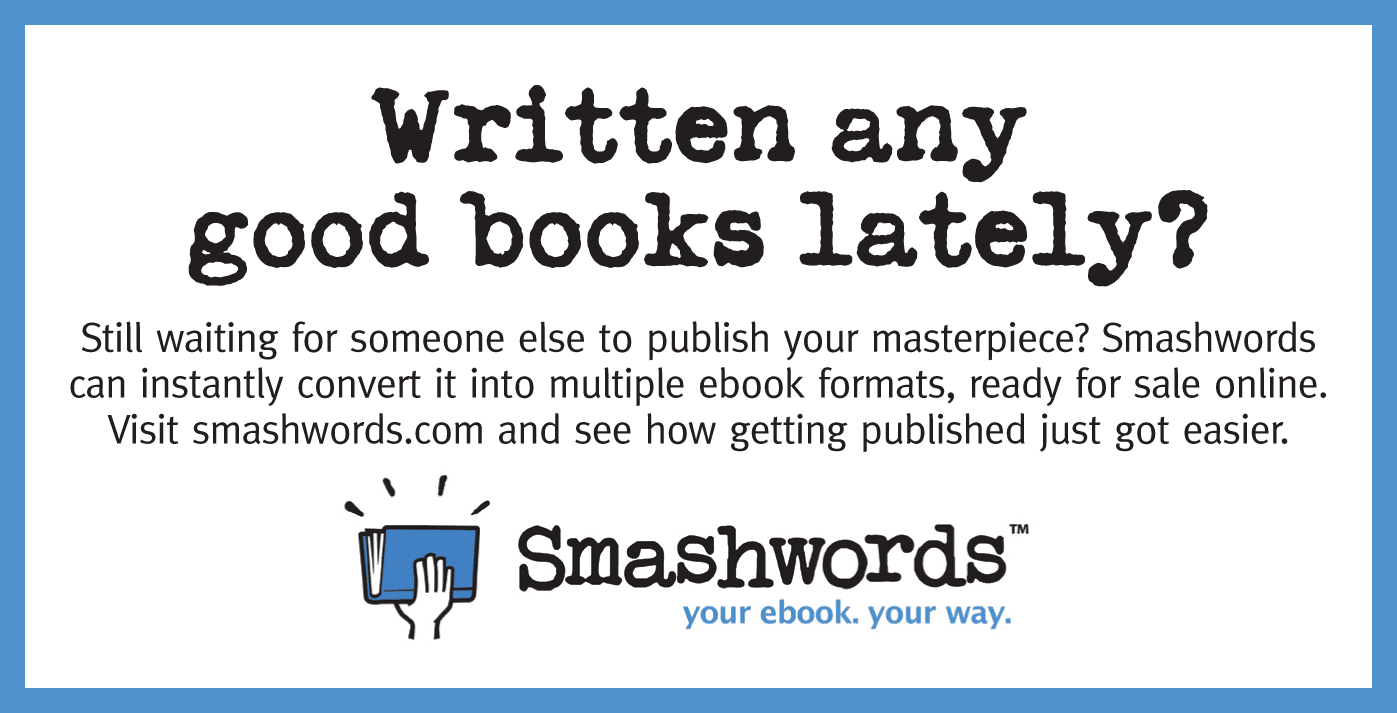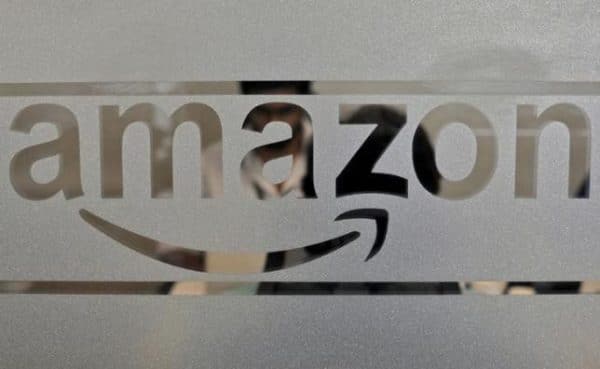Browsing Tag
ebooks
1499 posts
The Biggest Scam in Publishing?
The digital publishing revolution is so old that a great many reading consumers might not be able to envision a time when they couldn’t simply pop online to order a book, download a new title from their favorite author, or use an app or PDF for supplemental book material. eBooks and digital publishing have simply become a part of everyday life for many people.
But there’s one branch of the publishing family tree that has still not caught up with the times: educational publishing. Nearly every facet of education has been left in the dust when it comes to access, price, and readily available updates to texts. When this digital publishing took off in a major way, educational publishers were supposedly going to insert e-textbooks into every classroom from preschool through grad school.
What’s the holdup? There are a lot of factors stopping the widespread switch to files instead of paper, but that’s only one factor in educational publishing.
The other is the way new concepts are discovered, researched, and published to begin with. Scientific research is carefully horded by academic publishers, keeping anyone without deep pockets from accessing the findings. What’s even more concerning is that many research projects are funded by the taxpayers before going straight to the publisher’s paywall.
Where Would We Be Without Amazon? Buying Books on Smashwords
There’s little doubt that Amazon has changed everything about publishing. It’s not just a matter of opening the doors for indie authors, producing a viable e-reader device and then creating a platform for content to fill it, or leveraging the power of enhanced searchability to give authors potential visibility. Amazon has even sparked change in traditional publishing, such as prompting some companies to rethink the ridiculous wait times for royalty payments and upping the percentage of royalty share that authors traditionally received.
But Amazon has also led to the death of a number of companies who simply couldn’t keep up. Smaller presses, literary agents, and countless brick-and-mortar bookstores are gone, unable to stay afloat in a world where one-click book buying, free two-day shipping, and 70% author royalties are considered normal.
But what do we do when Amazon is no longer there? It’s not that far-fetched a possibility, as author David Gaughran’s recent post about books disappearing from international consumers’ sales shelves highlighted. At any given time, every author who sells exclusively on Amazon via the KDP platform could wake up to find their livelihood and fan following are gone.
Luckily, Amazon isn’t the only game in town, despite the pop culture belief that it is. B&N is still stubbornly hanging on, Kobo is reaching more international markets than some major-name retailers, and Smashwords just released the news that there are now half a million titles available on its platform.
As a company, Smashwords and its founder have been an interesting site to watch. At the risk of insulting a business model that has existed in the wings for ten years now, it’s the Little Engine That Could of ebook self-publishing. Founder and CEO Mark Coker has sat for interviews with this site several times, but the quiet bookish demeanor is not to be dismissed. Coker has long been an outspoken critic of book sellers who are too big for their britches and shutting out all other competitors for this exact reason: what will happen to books when (not if) Amazon fails?
Fortunately, just because a household name is well-known, that doesn’t mean it’s the only option after all. Readers and authors alike would do well to explore their options on other platforms and keep the books coming in.



